Investing in a survey campaign takes effort, time, and money. Yet, customer feedback is key to boosting customer satisfaction and reducing churn. So, how can you ensure your resources aren’t wasted, and you get the data you need?
We recommend building surveys optimized for the best response rates.
This post will discuss how an email-based survey can help yield high response and completion rates. A step-by-step guide will show you how to make your email questionnaire ready to send in minutes.
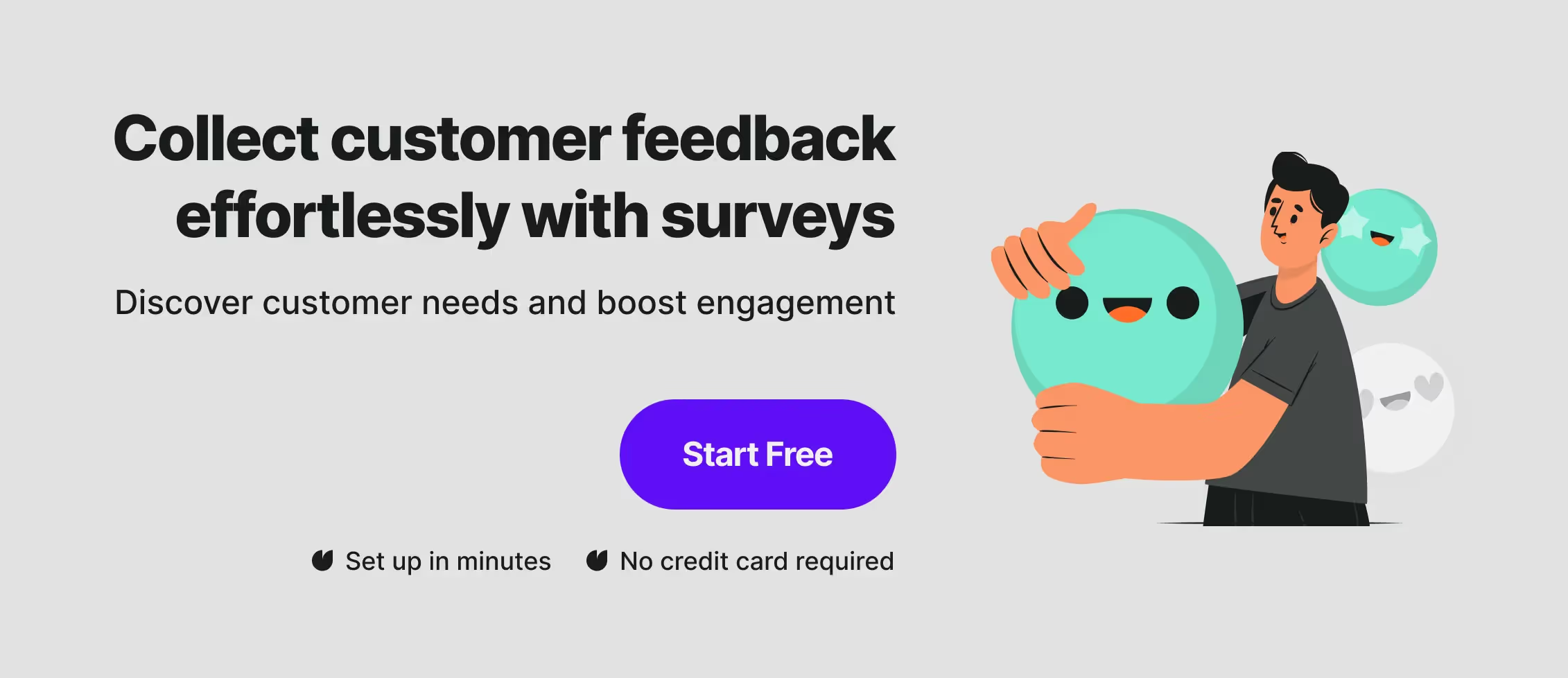
With Survicate, you can send a fully-customized embedded survey in an email for free.
How embedding a survey in an email boosts survey response rate
Your response rate, in simple terms, is how many people who received your survey completed it. It is calculated like so:
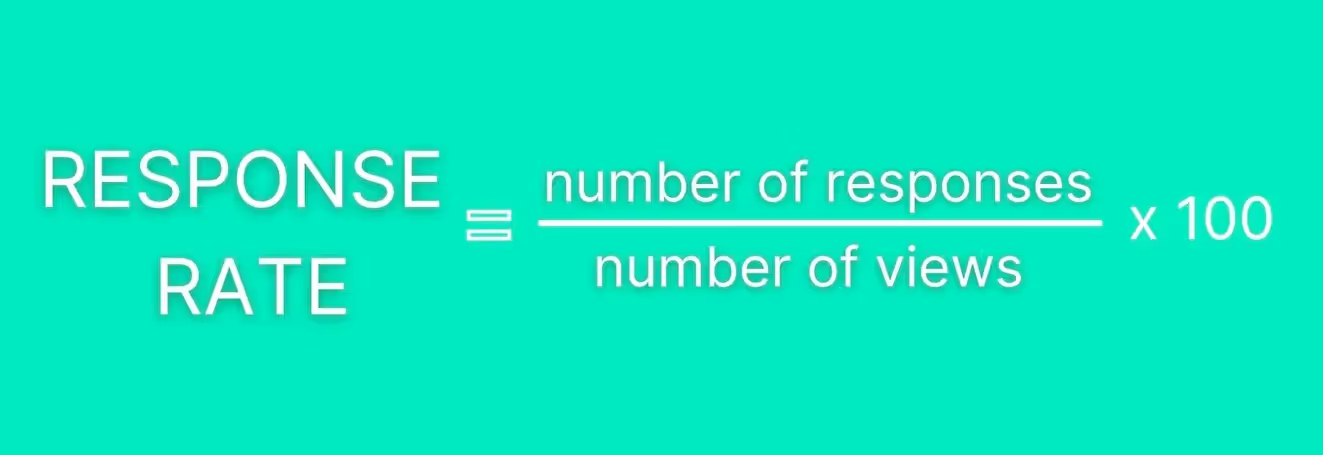
You divide the number of responses you received by the number of requests you sent and multiply by 100.
A great survey tool will calculate this for you and present it as a statistic relating to your survey.
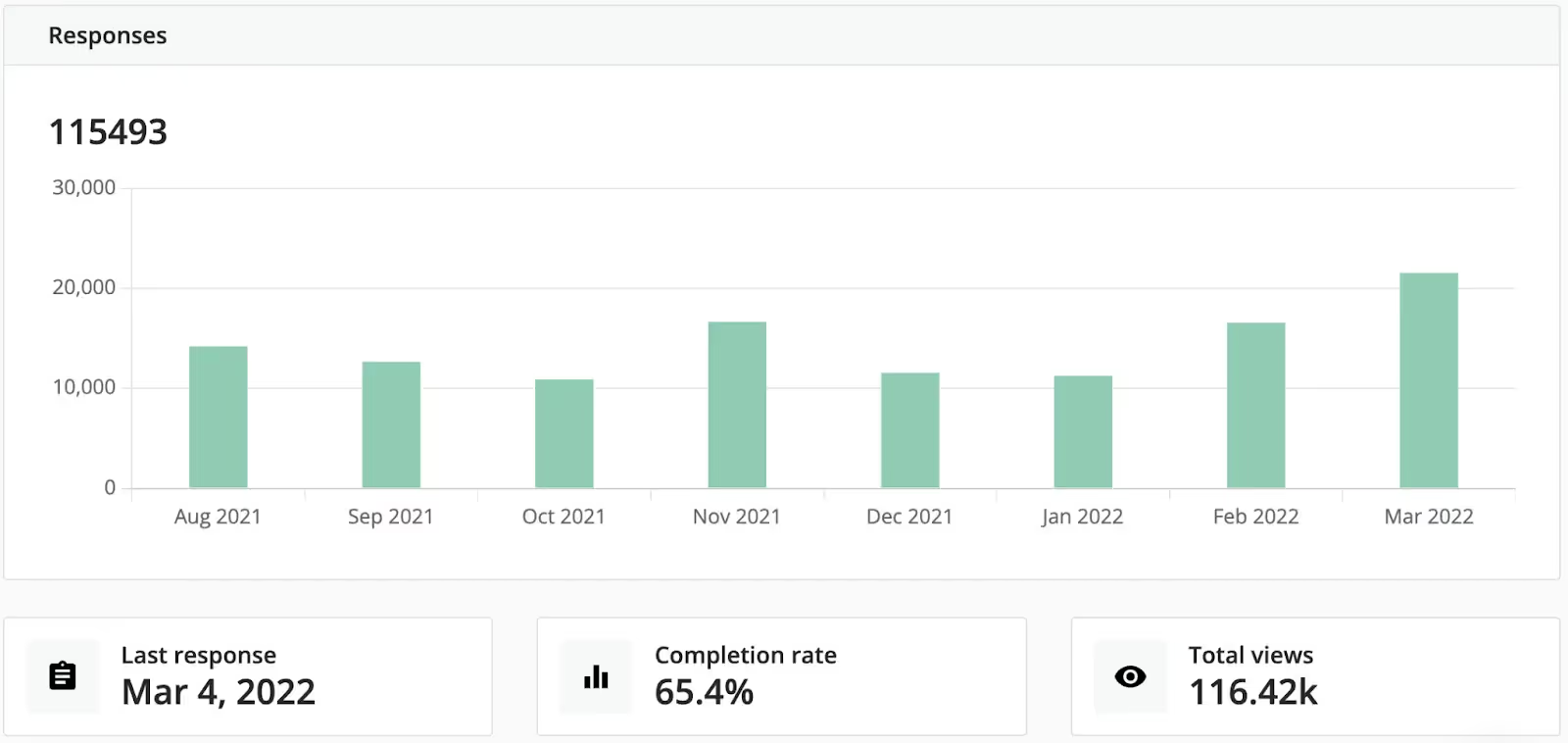
What a good response rate is depends, among other aspects, on:
- What kind of survey you are sending
- What type of data you are trying to collect
- Your survey sample
Of course, the higher the response rate, the more accurate your results are. You can look at ways to calculate your survey sample size for the best results. Either way, a survey response rate of over 50% is considered excellent.
Other than:
- Using great survey templates
- Targeting your survey
- Eliminating response bias
- Adding a survey introduction
a great way to boost your response rate is to embed your survey in an email. That is - including the first survey question in the email body.
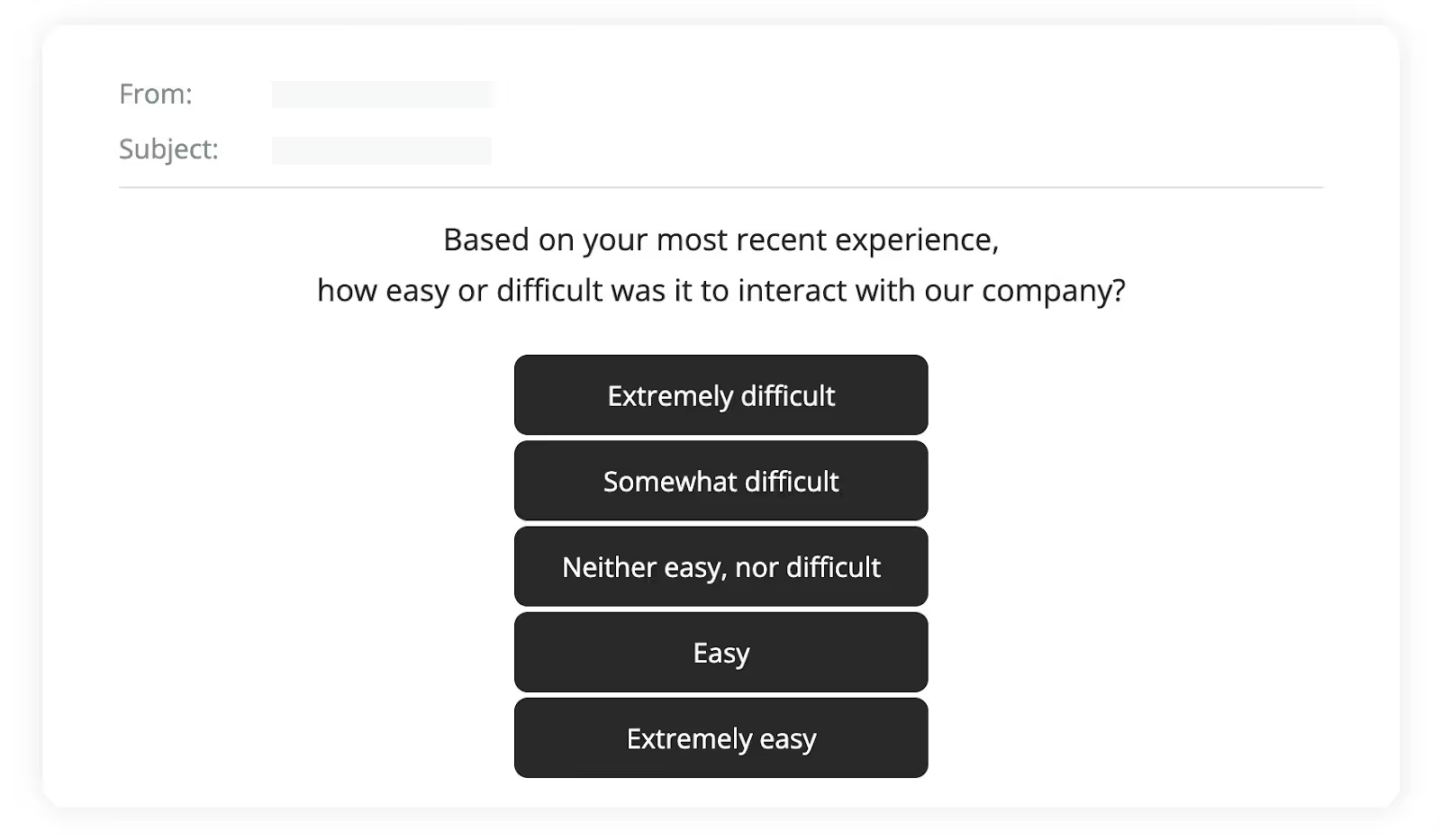
How does this work?
Well, sending surveys via email is one of the most popular distribution methods. After website surveys, it yields the highest response rate.
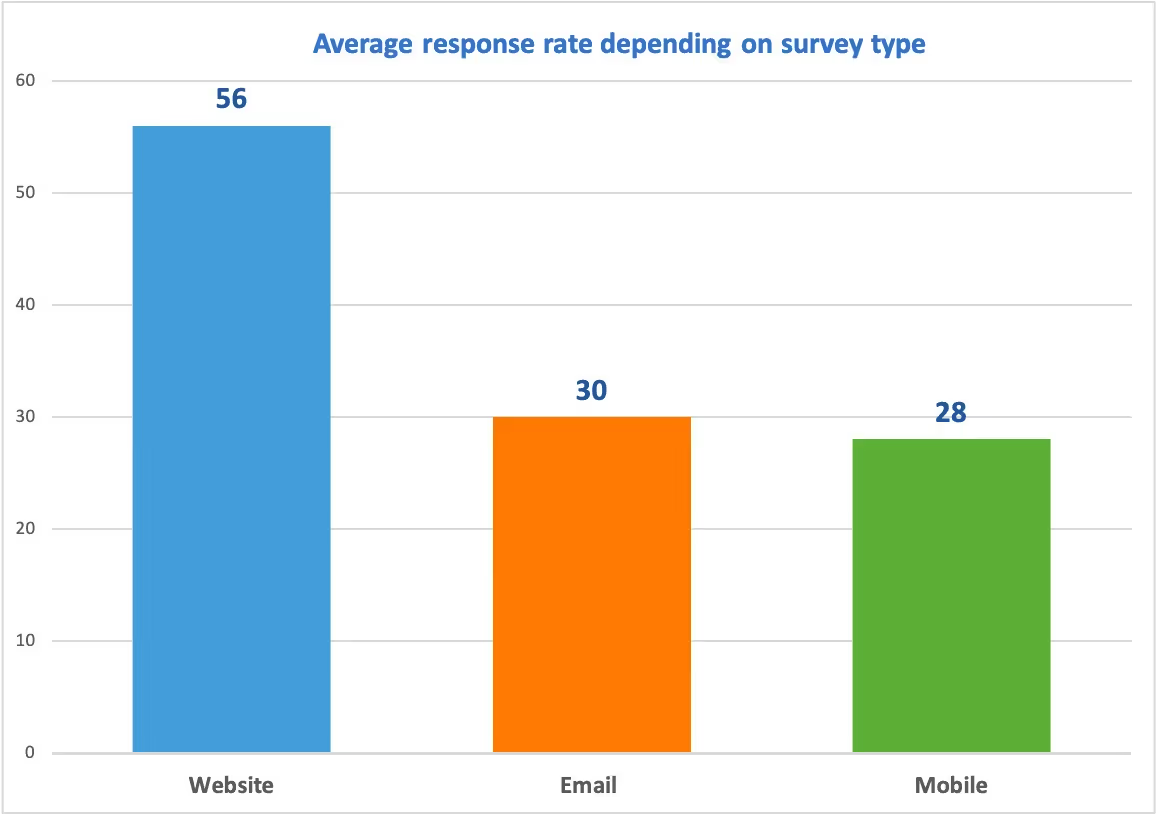
In terms of email surveys, with Survicate, you can
- Share the survey link with your customers
- Link the survey under a call to action button or phrase in your email
- Embed the first question into your survey email body
Research by Survey Practice shows that embedded email surveys yield the best results.
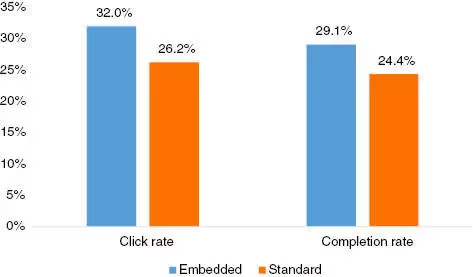
The orange bars show the statistics for a standard email invitation (with a link to survey hidden under a CTA button), and the blue ones show the click and completion rates when a survey is embedded in an email.
As you can see, when the email body contains the first question, the respondents’ attention is captured, and they are more likely to complete the survey. With Survicate, you’ll also receive partial responses, so even if they just answer the first question, you’ll be able to analyze the data.
So how can you embed a survey in an email without unnecessary hassle?
Find the best email survey software
Different survey tools excel at different tasks. Great customer satisfaction tools, for example, should allow you to quickly and easily embed surveys in emails. Let’s look at three pieces of software that make this possible.
Survicate
With Survicate, you can use HTML code generated in our Share tab to embed your first question in the email body.
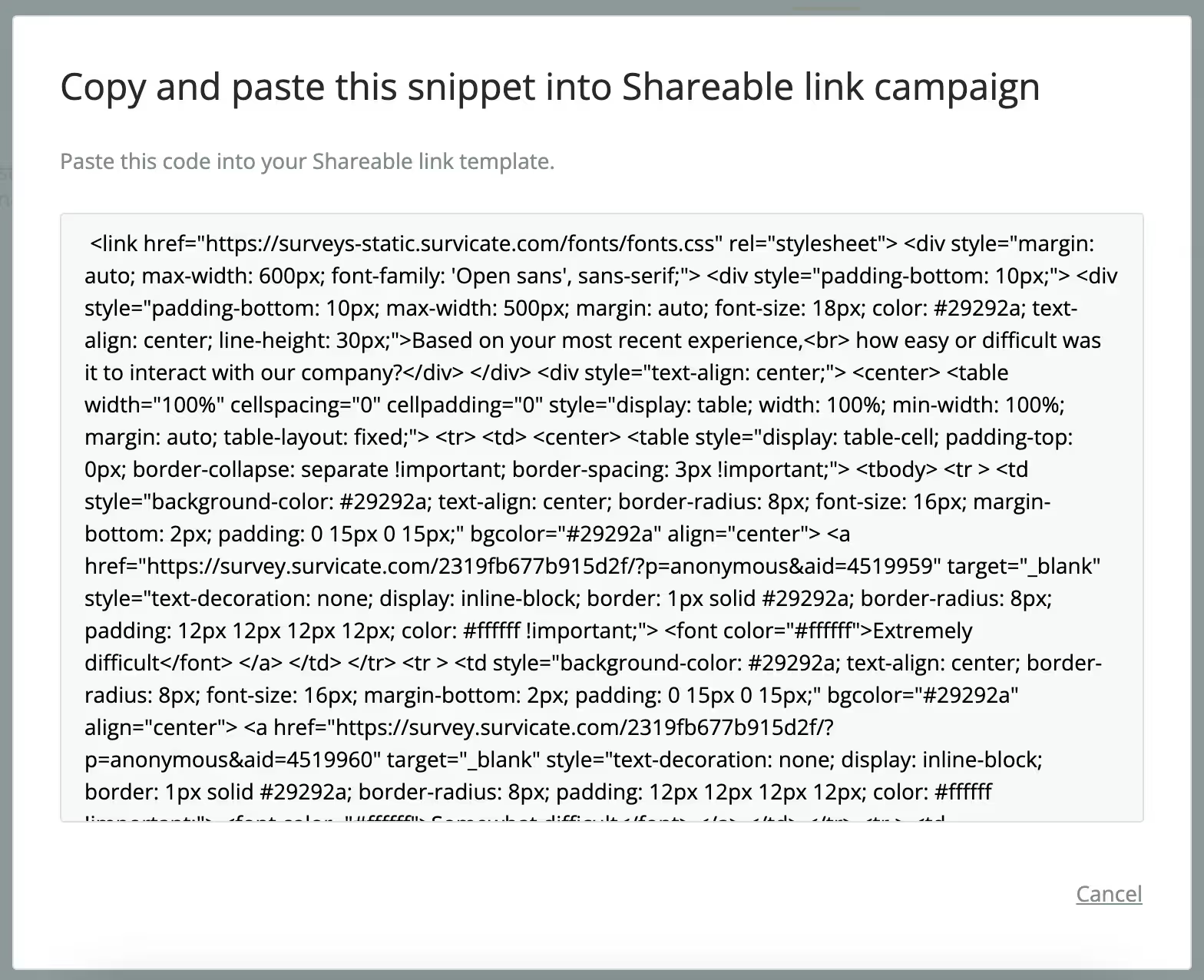
All it takes is two clicks (i.e., copy and paste).
As long as you use one of our supported providers (e.g., Intercom Emails, Mailchimp, HubSpot, and 30 others), the survey will look exactly like the preview. You can find a full list under the Configure Tab in our survey panel. You can also use other email marketing tools, like Gmail or Outlook, as long as they support HTML.
The survey tool lets you edit colors, fonts, spacing, CSS, and much more. Depending on your subscription, you can even remove our branding and add your own.
If you want to send surveys with other email system providers (ESP), like Outlook, the first question may look different than in the preview.
This is because popular ESPs can render your email's HTML and CSS code in their own way. We can’t ensure they support all of our customization options. But if you know some code or have a code-fluent developer, you can use custom CSS.
You can also collect user attributes to track your respondents and schedule follow-up emails within the ESP. Do this by editing all the links in the HTML code to add merge tags that will capture the respondent attributes.
Survicate integrates natively with many popular email marketing tools, including Mailchimp, ActiveCampaign, and GetResponse.
SurveyMonkey
SurveyMonkey is another tool that allows survey email embeds, but the process is a little more complicated.
To embed a survey in an email with SurveyMonkey, add a supported question type to the beginning of your survey, ensure the design meets requirements, toggle to the Collect Responses section, and create an email invitation.
From there, you’ll be able to craft a marketing email containing your survey.
Note, though, that email embeds are a paid feature. If you want to make a custom survey, you’ll also have to upgrade. You can read more about the SurveyMonkey basic plan in our feedback collection tools breakdown.
Typeform
Typeform also allows survey emails and pairs with 10 email service providers (EMS), like Hubspot, Nift, and Nimble.
In the share tab, you can click on “email invite,” and the tool will take you directly to your EMS, where you can edit the email message copy. Note: this method only creates a “naked link” inside the email body.
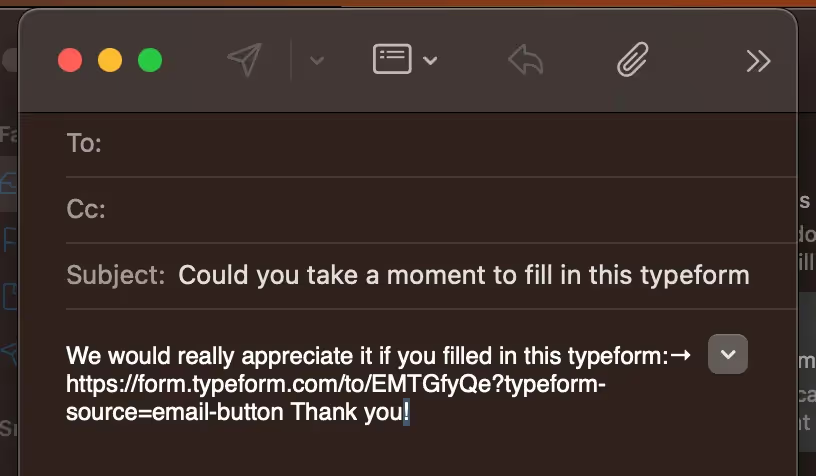
If you want to embed the first survey question, you’ll have to go to the “embed in an email” tab. You’ll get a code similar to Survicate that you can paste into a Typeform-approved EMS (they have 10). Your Typeform will have to be live before you can do this.
You can do this on the free survey plan, but you’ll only be able to collect 10 responses. Learn more about Typeform quizzes in our comprehensive rundown.
How to embed a survey in an email
Let’s go through the steps of embedding a survey in an email with Survicate.
1. Set up your account
To embed a survey in an email, you must first sign up for a free Survicate account. Email surveys are a free survey feature, so you won’t have to upgrade until you decide you need to collect feedback extensively.
2. Choose how you want to create your survey
As soon as you sign up, you can begin building your survey. Pick “Email or shareable link survey” as your distribution method and choose whether you want to
- start from scratch
- use a template
Our library offers over 300 free survey templates optimized for the highest response rates. You can change everything about the way your survey looks, as well as the microcopy.
3. Modify the template or write your own copy
Listing all of Survicate survey builder’s capabilities is beyond the scope of this post, so let’s just go through the basics.
You can modify each question and answer’s microcopy, change the logic and skip mapping, and customize the way your survey looks.
For the first question to appear in your email body, choose one of the following types:
- Single Answer Selection
- Smiley Scale
- NPS
- Rating
- Welcome Message
Note that almost all of our templates are optimized for this feature. You can send emails with embedded NPS, CSAT, and CES surveys with Survicate.
If you choose a different question type, a link to edit your survey will pop up along with information about what changes need to be made.
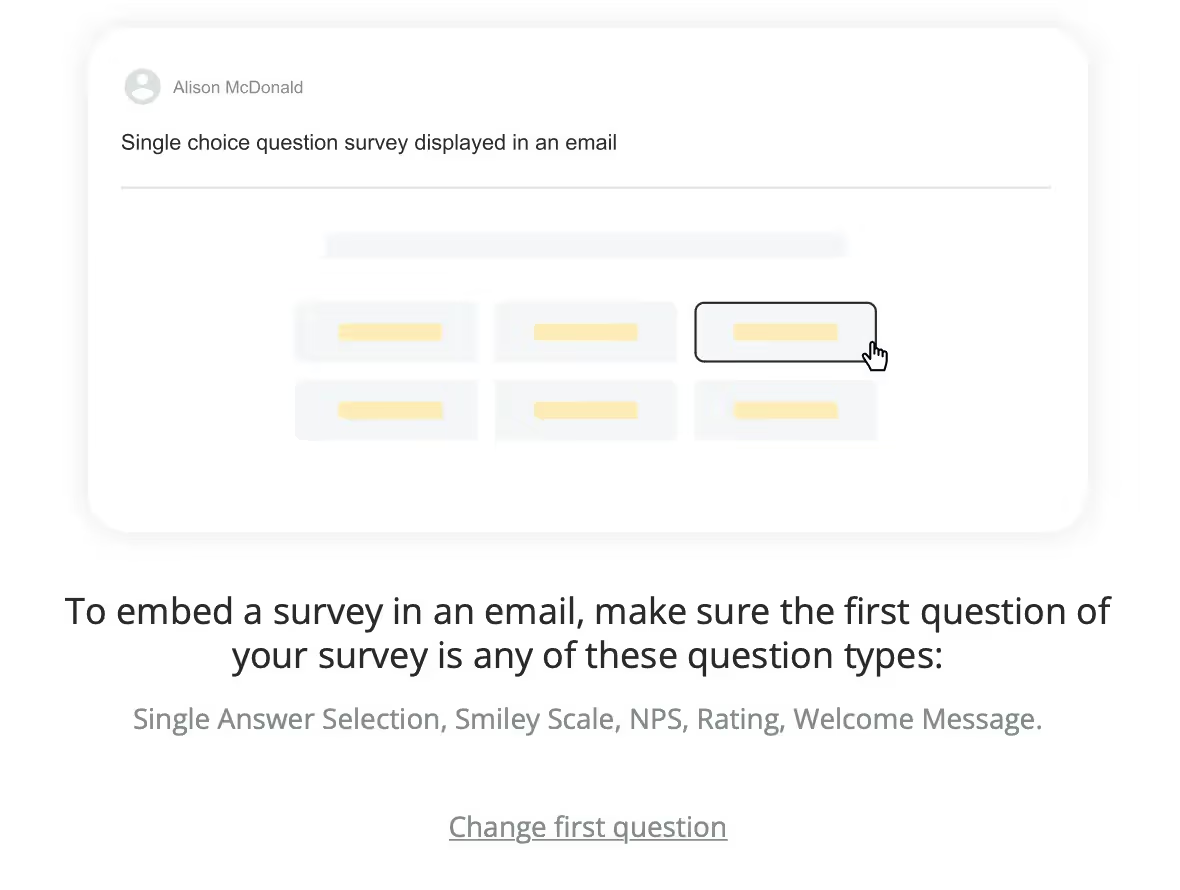
Why do we limit some question types? Well, Survicate offers many options. Some - especially ones that require drag & drop features - won’t work with an HTML code for emails.
4. Customize your survey
When embedding a survey in an email, you want to ensure it will look exactly how you want. Our email survey tool will let you alter the form appearance in any way you like. What’s more, the survey email embed will look the same as in the survey’s ‘Share > Launch in an email tab’.
Use the visual Survicate survey builder to change colors and fonts, or add media to your survey. If you have a higher subscription plan, you’ll also be able to add your branding.
Those code-savvy can use custom CSS to fine-tune the visual aspects of the survey. You can even edit line height, padding, and more. This is a paid feature, though.
5. Copy the email embed code
The share tab will generate a code you can simply paste into your EMS. If you use one that we integrate with, you can be sure your survey will look exactly like in the preview.
You can alter the HTML code to customize your survey further, but this will only affect the embedded question. To change the CSS in the entire survey, you’ll have to use the CSS button in the Design Tab. Our Help Center article goes over this process in detail.
6. Set up follow-up emails
Depending on the EMS you use, setting up follow-ups will look different.
- In Intercom, for example, you have to use the series feature.
- If you have a mailing list in GetResponse, you’ll have to connect it through Zapier.
- Calendly users can edit events to ensure a follow-up email is sent.
Either way, Survicate has dozens of integrations that make continuous feedback collection an easy and smooth process. Our newest product update also allows survey scheduling.
How to embed a survey in Outlook email
To embed a survey in Outlook, you first have to create it in Survicate. Follow the process outlined above. When you are done designing your survey, you'll get an HTML code in the Share tab. Simply paste the first question along with the answer options in your email body.
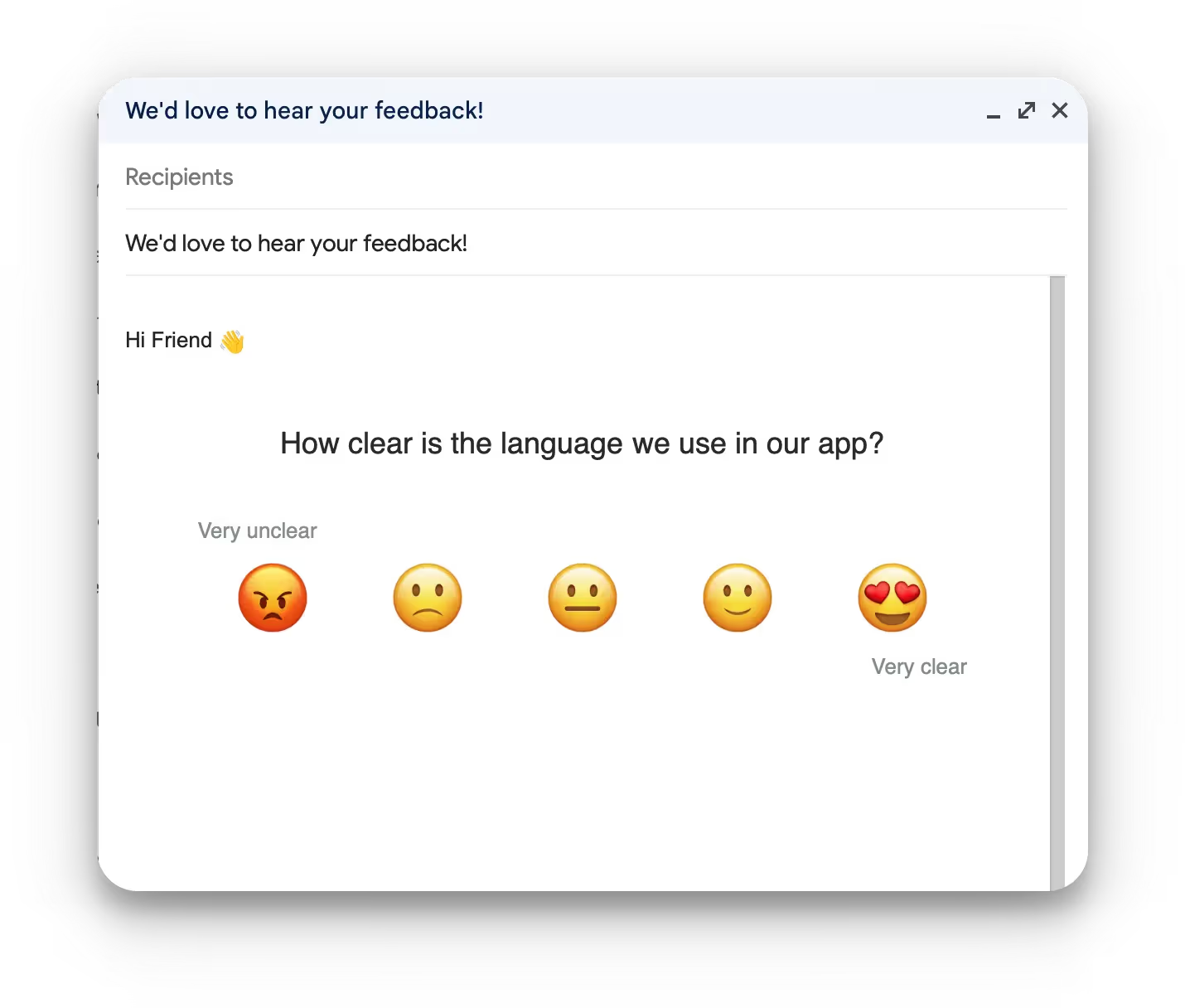
We have outlined the process for Gmail in our Help Center, but it will work the same for Outlook and any other EMS that supports HTML.
How to analyze results from a survey email
Collecting your data is not the end goal. Once you receive responses, you’ll have to analyze the results and close the feedback loop.
Positive feedback lets you know what you are doing well. These respondents are great prospects for word-of-mouth advertising. You can also look into optimizing all processes in adherence to your positive data.
Negative feedback may be even more important. You’ll know which aspects of your business need your attention and how you can act on negative feedback to reduce churn.
By sending your survey via email with a supported provider, you’ll automatically collect user attributes to help you identify respondents. This makes closing the feedback loop easier, as you’ll know who to reach out to.
You can also set up custom Survicate x Slack notifications. Create and modify rules to ensure you are only notified about responses you want to act on.
Survicate has also recently launched the Insights Hub and Research Assistant. Those tools help make analysis of email surveys even faster.
With the Insights Hub, you can aggregate survey responses along with other feedback you may have - from CSV files or even App Store reviews. They will all be stored in one place and AI will generate a list of topics your feedback touches on. You can even create your own topics and the Hub will let you know what your customers are saying in those areas.
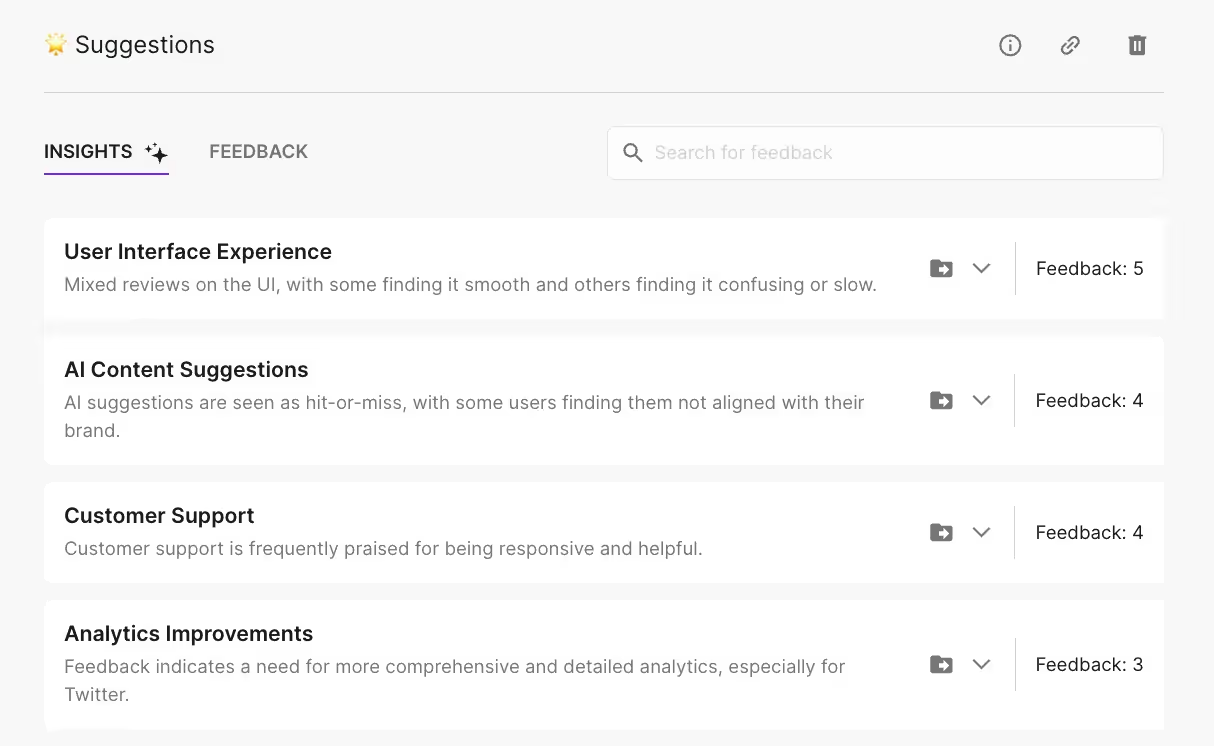
The Research Assistant works like an AI chatbot - you can simply ask questions about your feedback and it will give you answers you're looking for.
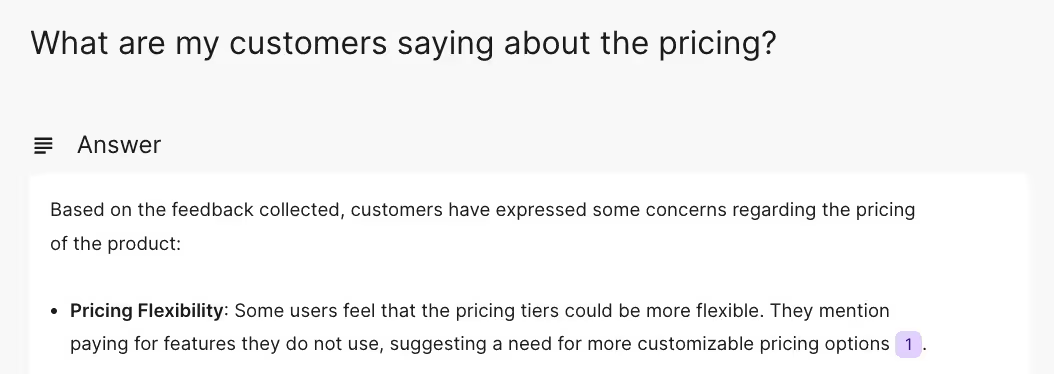
Survicate's analysis tools will also let you reach the exact source of feedback, so you can close the feedback loop. If you click on the purple annotations, you'll see the exact response (and respondent attributes!) that generated this answer.
Wrapping up
The goal of any survey is to get actionable and accurate feedback. Use Survicate’s templates optimized for best response rates and send the surveys via email to improve click-through rates further.
Customize the survey appearance with our advanced features to keep things looking professional and on-brand.
Ready to unlock the potential of customer feedback? Sign up for a free Survicate account and explore a wide range of features during our 10-day trial, and don't forget to review our pricing.








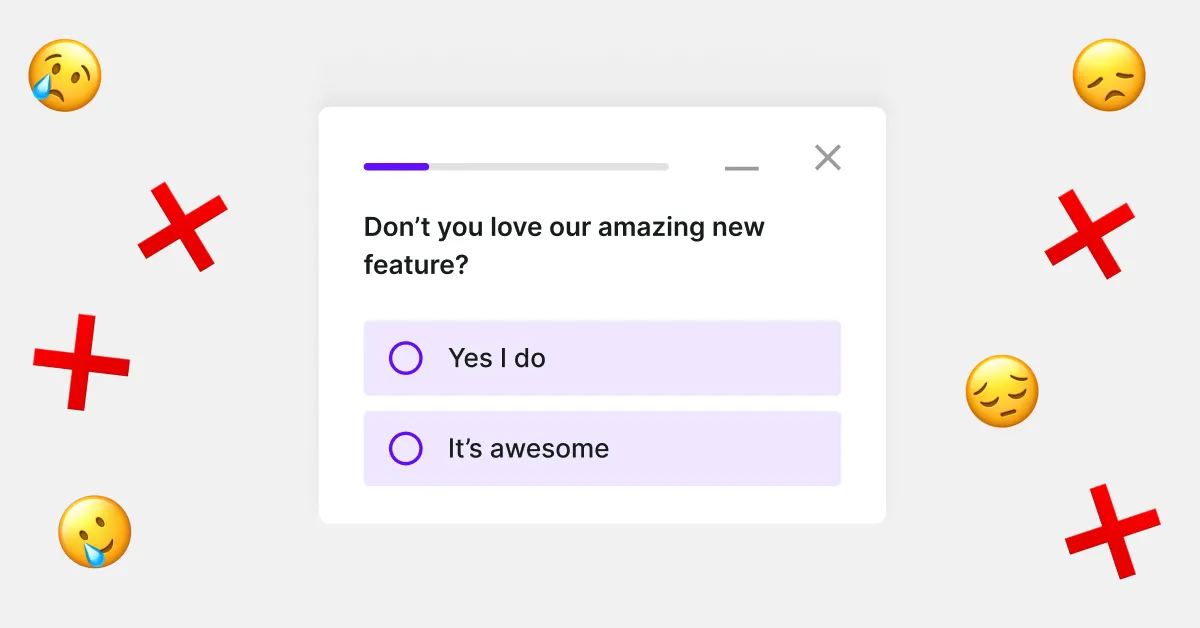
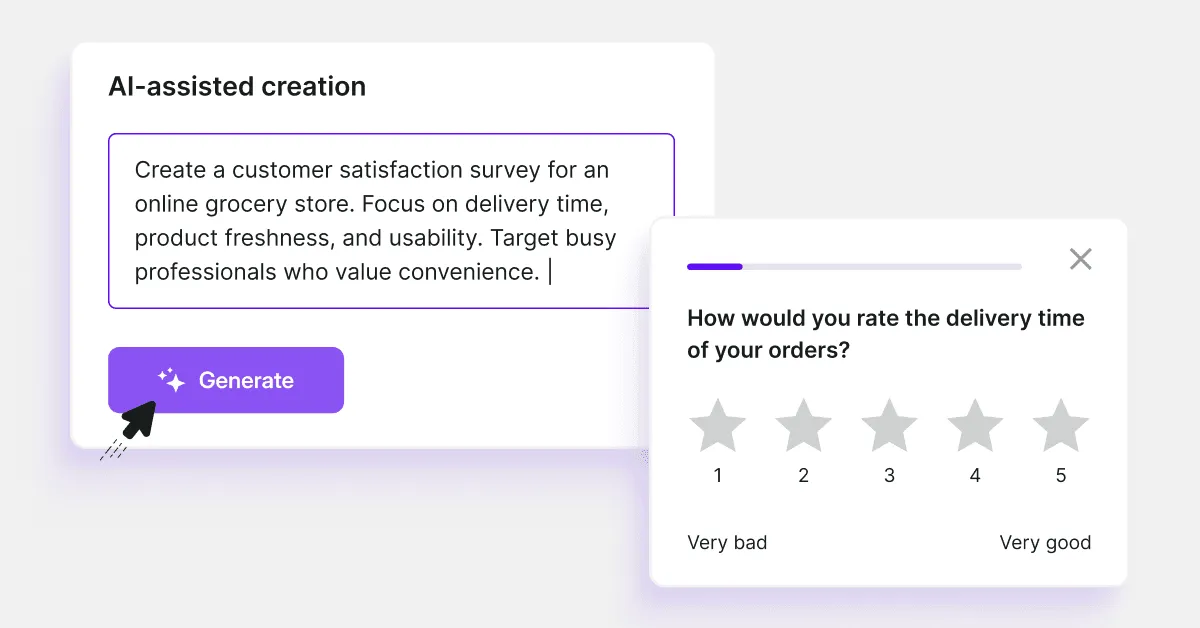
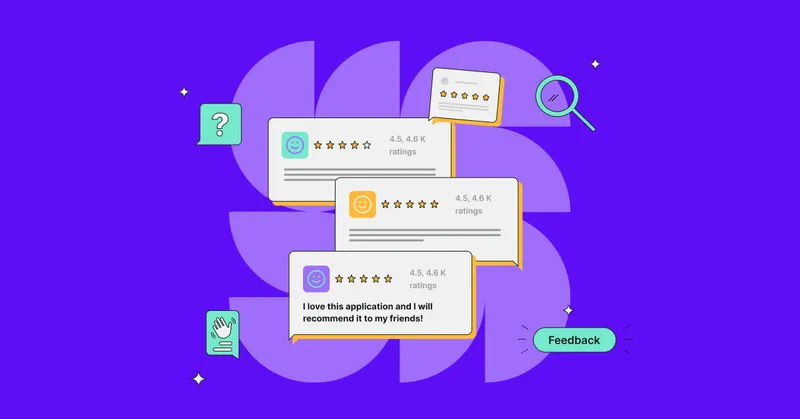
.webp)
.webp)
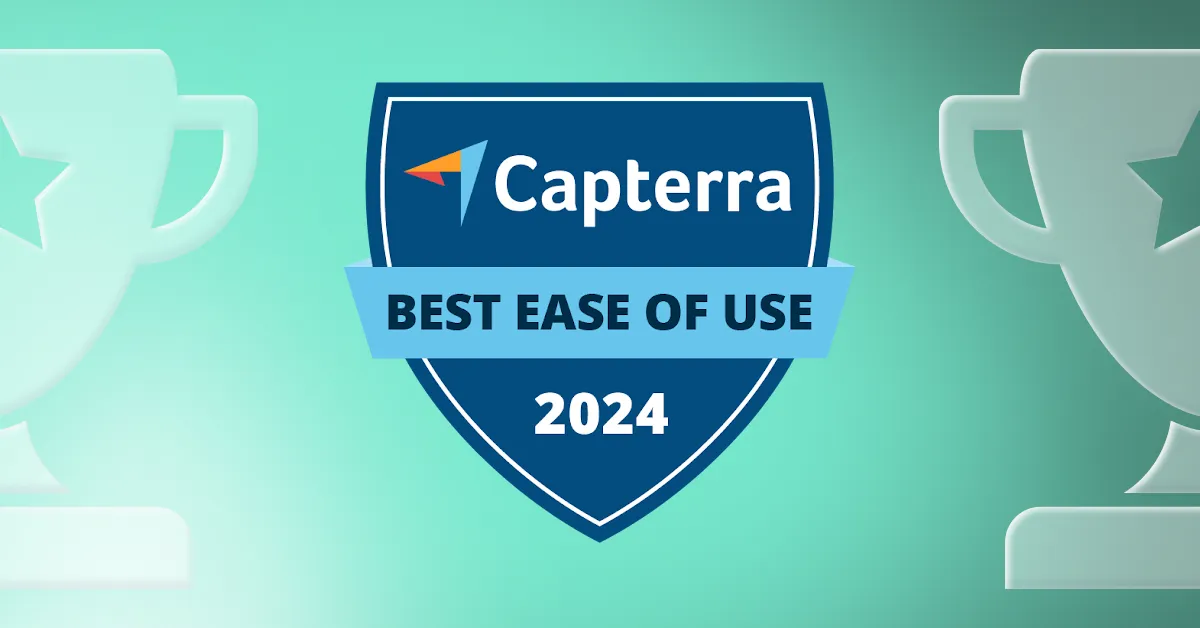
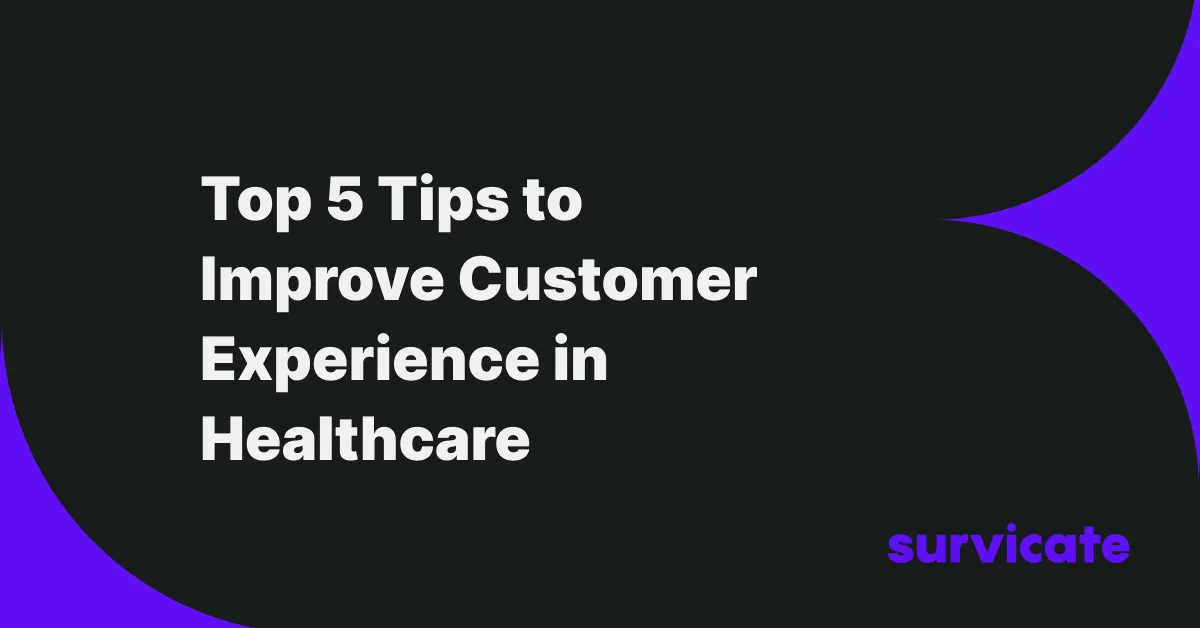
.svg)

.svg)


